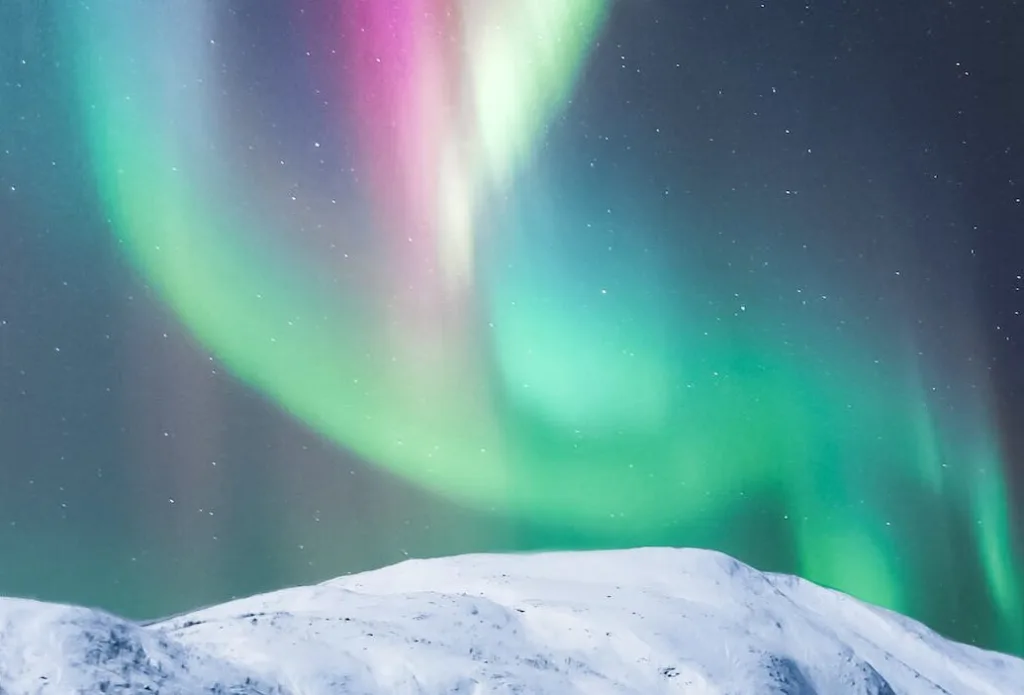Science and the Supernatural
February 16, 2023
From witches and vampires to space rockets and the water cycle, I have been equally enthralled by both science and the supernatural my entire life — and if you’re anything like me, there is a place in your heart for both. But could they both have a place in reality?

Science and the supernatural are two fundamentally different subjects that each attempt to explain the universe and empower humankind. The differences come from the way each field approaches the discovery and testing of what is true — religion could be said to require only faith, whereas science requires hard, replicable evidence.
And yet, even when presented with clear physical evidence, some people feel uncomfortable about peeking under the hood of God’s Universe. They oppose humankind having knowledge such as that which gives us the ability to affect the weather, or that contradicts religious teachings, such as evolution. To some, it is not our place to be so nosey. And it is this discomfort that inspires so many intelligent human beings to choose ignorance or fear over truth. But the same could be said for how scientists respond when shown evidence of something that contradicts their own dogmas.
The bible states that man was created in a day, whereas scientific evidence shows that humans evolved over millions of years. Regrettably, despite the evidence found in fossil records, there are still millions of people around the world — perhaps even including you — who don’t believe in evolution. Many, however, do believe in some kind of being that is responsible for creating everything in existence. The theory of Evolution provides too much information on a subject that is much preferred to be seen as mysterious, and beyond our power to understand.
Complicating the situation even further, many religious teachings describe evil forces that would love nothing more than to trick us into disbelieving. This double bluff means that some people can never be convinced, because to them any challenge to the word of God is simply a test — even though the bible, for example, was written hundreds of years after the events in the New Testament, and has been edited many times since.
In order to protect their faith, many people will have already decided the outcome of any challenge to it way in advance (confirmation bias, basically). It is easy to imagine how trying to incorporate new information with received wisdom can create an internal conflict, especially when there is emotion involved and the stakes are eternal.
But then most mainstream scientists recoil at the idea of a creator who apparently created themselves, and so will reject any theory of God outright — even though there is no definitive answer for where the Big Bang came from.
Are evolutionary theory and creationism mutually exclusive beliefs? Not really, but the human penchant for polarisation in place of nuance has inevitably led to a black-and-white, sometimes dogmatic approach that makes the two concepts feel fundamentally opposed; it’s almost like trying to define a shoreline as being either sand or water but never both. Interestingly, failure to be able to think of both sides of an argument as a whole (‘splitting’) can be a cause for concern over mental illness. Maybe that in itself is proof that Science and the Supernatural both have a part to play in life?
Do we have to choose between science and the supernatural?
There’s a famous quote, “Any sufficiently advanced technology is indistinguishable from magic” (you may have heard something similar before). Through the logic that extends from looking this statement in reverse, you could consider ‘supernatural’ as a way to describe things we can’t explain, until such a time as we learn how. And in fact, there are many things we take for granted today — now that we know the science behind them — that we used to consider supernatural, like fire and electricity. So you could say the answer is both ’yes’ and ‘no’ at the same time.
It’s strange: a complete evidence-based understanding is required to validate scientific theory, yet because a Theory of Everything has not yet been established, the evidence of science holding all the answers is limited. All that can be said is that so far science has opened many doors that have led to many discoveries and so can be trusted – to a point.
Superstition is often used as a simple way to explain the unexplainable. Science, on the other hand, takes a much slower, more incremental approach; starting at the very basics of what we can observe and understand, and working its way ever forward. The problem is, after hundreds of years of modern science, we are no closer to explaining the things that most would consider magic. Sure, you can turn on a light with your voice but not in a way that explains how God did it in the bible — I’m guessing They didn’t have an Echo Dot back then.
Does this mean that miracles and magic don’t exist? Hardly. It might be taking a while but there is no telling what discovery could be around the corner. Until the Unified Theory has been found, all bets are off. The answers to the big questions are likely to be more complicated than we could imagine — meanwhile, certain presumptions may even be limiting our progress. Maybe some things are so past our current understanding that — to us mere mortals — they will always be indistinguishable from magic…